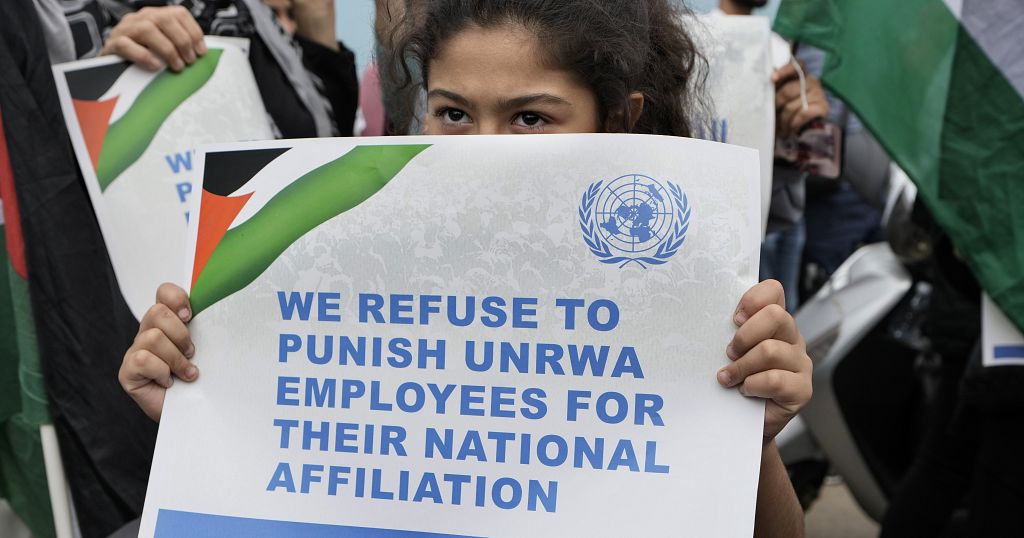Israel Bans UNRWA Operations in Palestine, Worrying Humanitarian Crisis
The Israeli government’s decision to ban the United Nations Relief and Works Agency for Palestine Refugees (UNRWA) from operating in Israel and the Palestinian territories has sparked widespread condemnation. The move, which was made in response to claims that a few UNRWA staff members have ties to Hamas and other armed groups, has been met with alarm from humanitarian organizations and international governments.
According to Israel’s ambassador to the United Nations, Danny Danon, the country will continue to work with other UN agencies and NGOs that provide humanitarian assistance to Palestinians, but not with UNRWA. “You have WHO, UNICEF, World Food Programme, dozens of NGOs that operate today in Gaza. We will continue to work with them. But we will not continue to work with UNRWA after what we just exposed,” he said.
On Monday, Israel’s parliament voted 92-10 to ban UNRWA from conducting any activities or providing services inside Israel, including East Jerusalem, Gaza, and the West Bank. The vote also declared UNRWA a terrorist group, effectively banning it from interacting with the Israeli state. This decision defies pressure from countries like the United States to maintain the agency, which provides critical humanitarian assistance to Palestinians.
The ban has raised fears that it will exacerbate the already dire humanitarian crisis in Gaza. Over 1.9 million Palestinians are displaced, and the enclave faces severe shortages of food, water, and medicine. UNICEF spokesperson James Elder warned that if UNRWA is unable to operate, it would likely lead to the collapse of Gaza’s humanitarian system. “If UNRWA is unable to operate, it would likely see the collapse of the humanitarian system in Gaza. UNICEF would become effectively unable to distribute lifesaving supplies.”
Elder emphasized the importance of UNRWA’s work, highlighting the range of essential supplies that the agency provides, including vaccines, winter clothes, hygiene kits, and therapeutic food. With the ban set to come into effect in 90 days, UN agencies are urging Israel to reconsider its decision, pointing out that it would add to the collective punishment imposed on Gaza.
International humanitarian law prohibits collective punishment against a group in retaliation for acts committed by individual members. UN agencies describe UNRWA’s work as indispensable, and the agency’s continued operation is crucial to addressing the dire humanitarian needs of Palestinians in Gaza and beyond.
